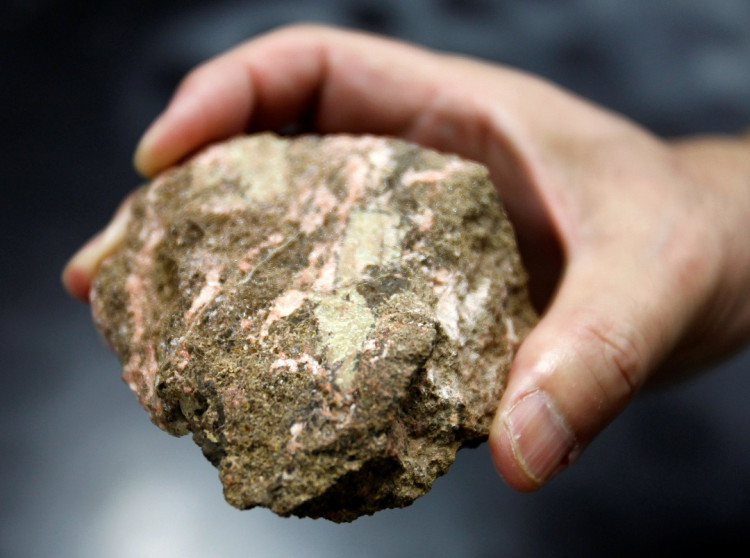China moved Thursday to expand its control over the global rare earth supply chain, announcing new export restrictions that target foreign defense contractors and semiconductor manufacturers and adding five more rare earth elements to its list of controlled materials. The decision, unveiled by the Ministry of Commerce, escalates Beijing's strategic use of critical minerals just weeks before a planned meeting between President Donald Trump and Chinese President Xi Jinping in South Korea.
The new regulations tighten export licenses for rare earths and related refining technologies, a step analysts say is designed to increase Beijing's leverage ahead of high-stakes trade talks. "This helps with increasing leverage for Beijing ahead of the anticipated Trump-Xi summit in South Korea later this month," said Tim Zhang, founder of Singapore-based Edge Research.
China produces more than 90% of the world's processed rare earths and rare earth magnets, which are essential to manufacturing products ranging from electric vehicles and smartphones to jet engines and precision-guided military weapons. The Ministry of Commerce said exports of holmium, erbium, thulium, europium, and ytterbium-all vital for advanced chips and radar systems-will now require government approval, bringing the total number of restricted rare earths to 12 elements.
Under the new rules, foreign companies using Chinese rare earth materials or equipment will also be required to obtain Chinese export licenses-even if no Chinese firm is involved in the final transaction. The ministry said overseas defense users will be denied licenses entirely, while applications tied to semiconductors and artificial intelligence with potential military use will be reviewed case by case.
This signals "a deliberate effort to strengthen China's bargaining position," said Dan Wang, China director at the Eurasia Group. "By demonstrating China can calibrate controls, Beijing is showing a new level of confidence and sophistication." Wang added that the policy could serve as a model for China's management of other strategic commodities such as cobalt and graphite, turning resource dominance into "a diplomatic lever."
The ministry's statement framed the move as a national security measure, accusing "foreign organizations and individuals" of transferring Chinese-origin rare earths or technologies to "sensitive sectors such as the military." It said such activities "have caused significant harm or posed potential threats to China's national security and interests."
The timing of the restrictions-effective November 8 for new materials and equipment, and December 1 for foreign firms using Chinese inputs-aligns closely with the expiration of a 90-day U.S.-China trade truce. The rules come as U.S. lawmakers call for broader bans on exports of chipmaking equipment to China, deepening a tit-for-tat technology confrontation between the two economies.
Beijing's latest actions also revive memories of April's export clampdown, which created a global supply shortage before China struck limited supply agreements with Europe and the United States. The Ministry of Commerce said Thursday the scope of its new restrictions would remain "limited" and that "a variety of licensing facilitation measures will be adopted" to maintain some supply stability.
Shares of Chinese rare earth producers surged after the announcement, with China Northern Rare Earth Group jumping 10%, China Rare Earth Resources and Technology gaining nearly 10%, and Shenghe Resources rising 9.4%.
The restrictions' impact is expected to be felt most acutely in defense and semiconductor manufacturing. The ministry said the new export approval process would cover chips at 14-nanometer nodes or more advanced, memory chips with 256 layers or higher, and AI applications with dual-use military potential.
South Korea's Ministry of Industry said it is reviewing the measures with Chinese authorities to minimize disruptions to firms like Samsung Electronics and SK Hynix, both major consumers of rare earths. Taiwan's TSMC, which uses similar materials in high-performance chip fabrication, reported that it was still assessing the implications.
Analysts say the move cements China's willingness to weaponize its dominance over strategic raw materials as economic competition with Washington intensifies. "China's dominance in resource and related tech will become a new choke point for global business," Wang said.
The Ministry of Commerce's announcement also included a warning that any foreign entities transferring or processing Chinese rare earths for military use abroad could face penalties under its unreliable entities list, which already includes several U.S. defense firms. Beijing added that these actions "undermined China's national sovereignty, security, and development interests."





